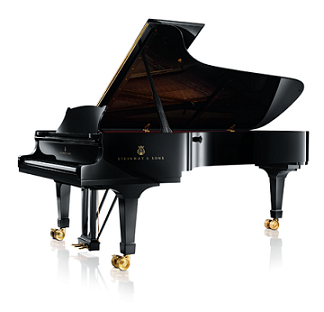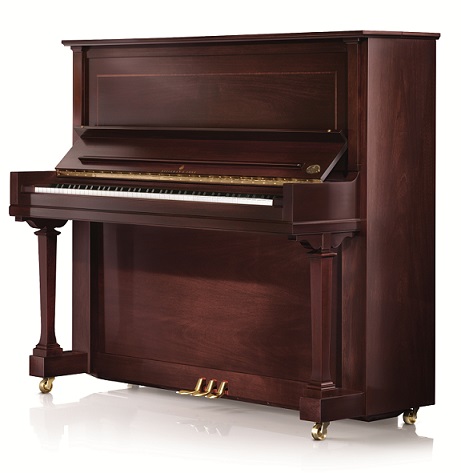Getting yourself a new piano is an exciting decision and, as a fellow musician, I’m happy for you! But before you can embark on your musical journey, you have to choose the right piano, which can be a real headache. There is a wide array of pianos, but which one should you buy? This article discusses the factors to consider and the things to look out for when you are buying a new piano.
The first step is to decide between a digital and an acoustic piano. If you want to learn more about the differences between the two pianos, check out our article on Acoustic vs Digital piano. If you have chosen the type of piano (acoustic or digital piano) to buy, continue to the Acoustic Piano section or skip to the Digital Pianosection.
Before buying a grand acoustic piano or an upright acoustic piano, be sure to look out for:
1. The sound
Before buying a piano, try playing it to determine whether you like the sound. This is subjective; some people prefer a brighter tone, while others prefer a mellower tone. Generally speaking, a good piano sound is round and full. You can also get a professional’s opinion, preferably from an experienced music teacher or a registered piano technician.
Listen to the consistency of the piano’s sound. Are the volumes of the keys consistent? Play all the notes of the piano with the same strength, and listen for any unexpected deviations in loudness. Also, is the quality of the sound consistent? Listen for notes that sound unexpectedly brighter or mellower than the rest.
2. The keys
Ensure that the keys have a smooth surface and are free of damages and cracks. When you play the piano, the keys should have adequate resistance. If playing the keys require as little strength as typing on a computer keyboard, the keys probably don’t have enough resistance. Lastly, when you strike the keys, there should be sufficient cushioning to reduce the shock transmitted to your finger joints.
3. The location where you will place the piano
Get the exact dimensions of both the piano and the designated space where you are planning to place it. If there isn’t much space available, you might have to choose either a traditional upright piano or a spinet piano, the latter being the smaller of the two.
Also, it is crucial to choose a suitable location for your piano. Acoustic pianos are vulnerable to humidity and temperature fluctuations, so they should NOT be placed near the radiator or a spot with direct sunlight. If not kept in a suitable environment, the components of an acoustic piano—especially parts made of wood and felt—could be affected. (Ideally, your acoustic piano should be kept in an environment of relative humidity ranging between 45% and 70% and a constant temperature of approximately 20˚C or room temperature.)
4. The length of warranty
For big-ticket items like acoustic pianos, a warranty is crucial. Most brand new pianos have warranty of at least 5 years. Be careful when purchasing a piano from private retailers. Most piano brands, including Yamaha and Steinway, do NOT provide warranty coverage for pianos sold by unauthorised private retailers.
5. The brand
A number of brands have consistently produced reliable acoustic pianos. These brands have earned themselves a good reputation and are generally considered as safer choices. If you have no idea where to look, start with these brands:
Should I buy a second-hand acoustic piano?
The biggest draw of buying a second-hand acoustic piano is its price. Good-sounding acoustic pianos can be expensive, so a second-hand one is a good option for those without a big budget.
However, this can be a risky decision, because second-hand pianos don’t come with factory warranties, which is crucial for acoustic pianos as they are vulnerable to wear and tear. You risk paying hundreds of dollars of repair fees. Thus, before purchasing the piano, find out when the last maintenance was done and whether the piano was kept in a healthy environment. I strongly advise you to hire a registered piano technician to check the instrument before you make the purchase.
While second-hand pianos are cheaper, tuning services are more frequently required for older pianos and will increase your costs. Besides, a second-hand piano could have dents and scratches. You might have to hire a piano refinisher to fix these damages, which will increase the cost yet again.
Overall, a second-hand piano is a good option if it is in good working condition. Otherwise, a brand new acoustic piano is still a better long-term investment.
If you don’t consider digital pianos, click here to skip to thE next blog
Also published on Medium.


